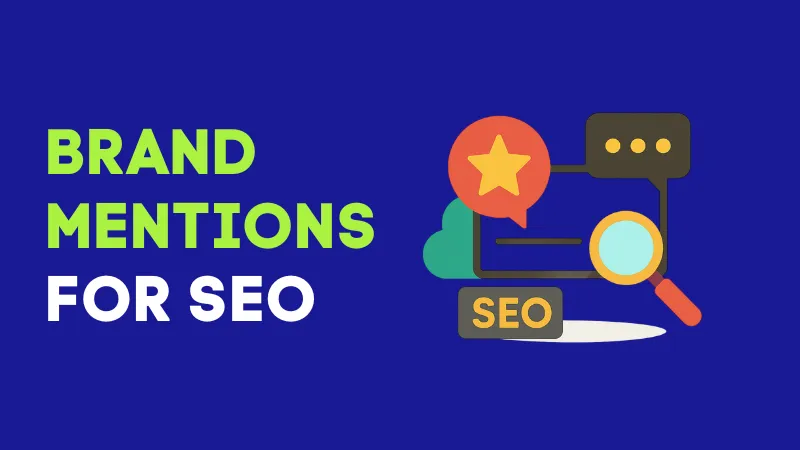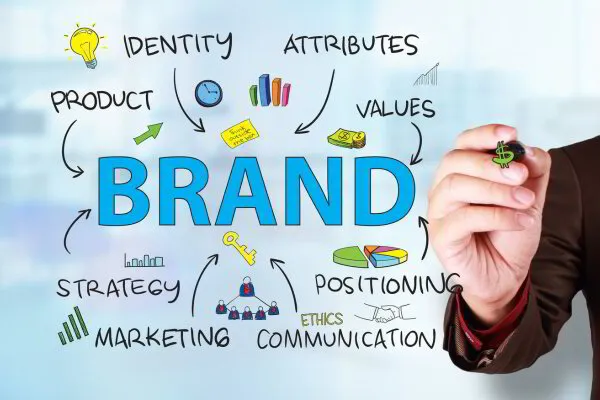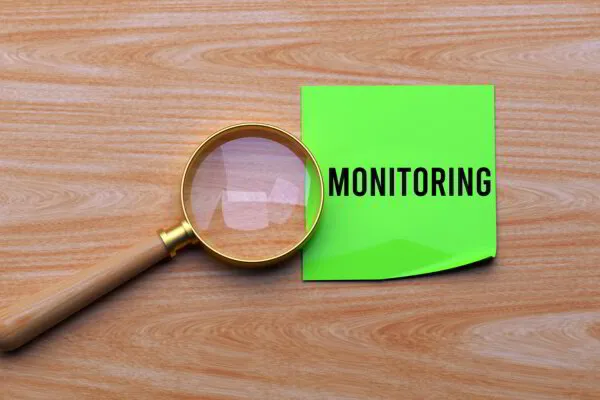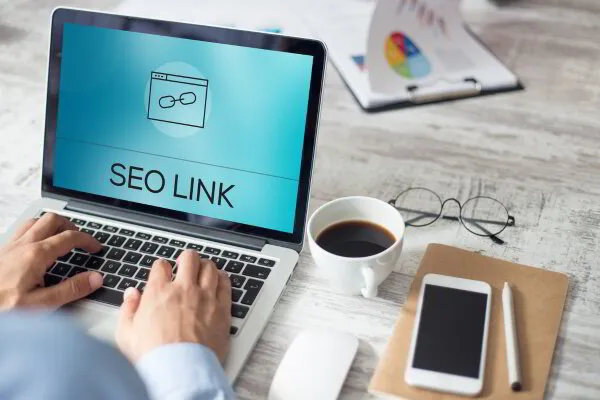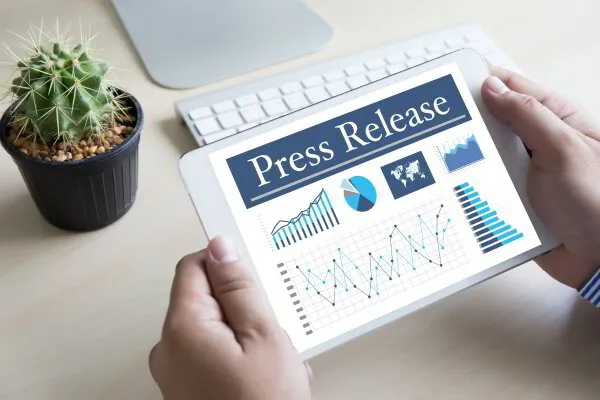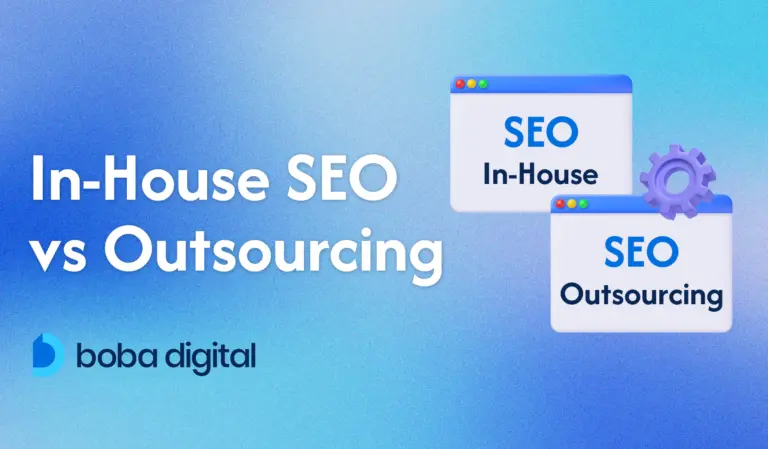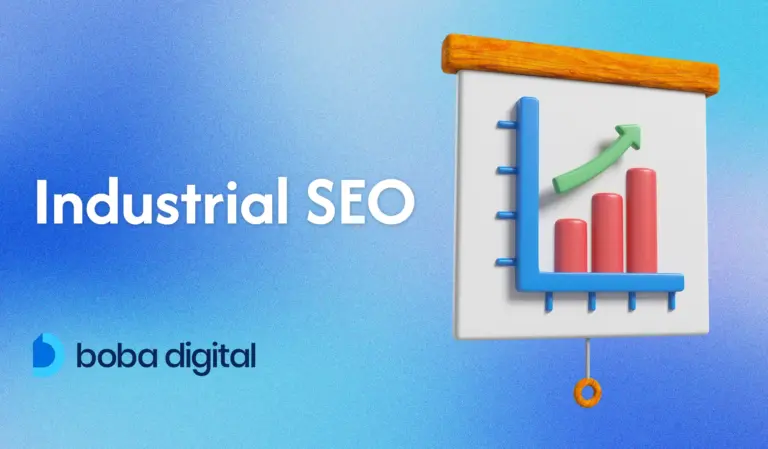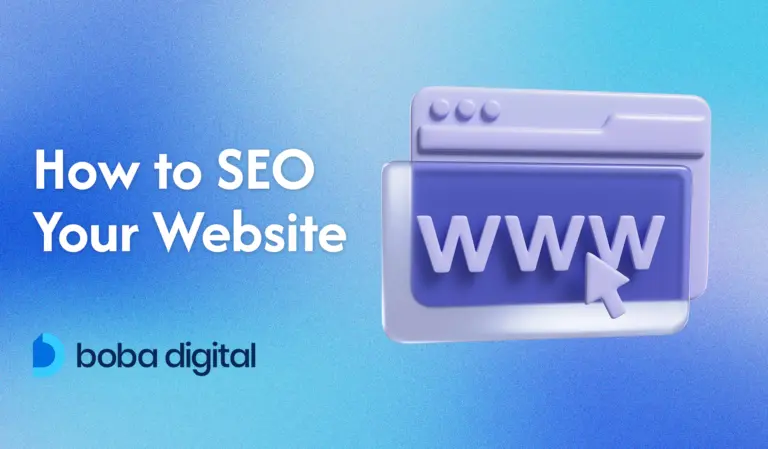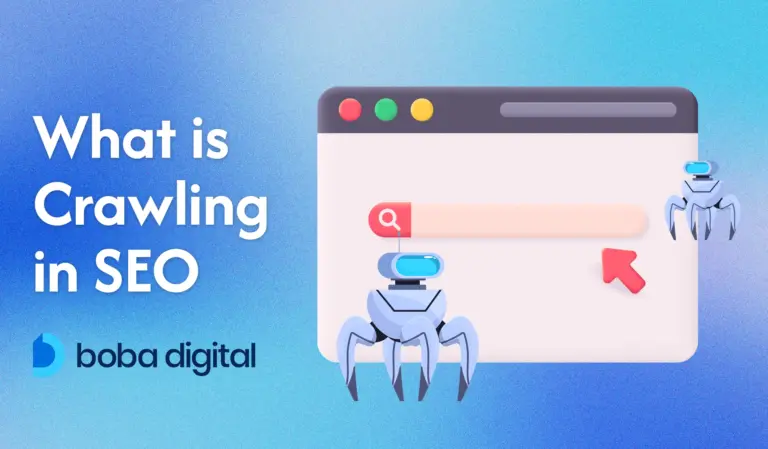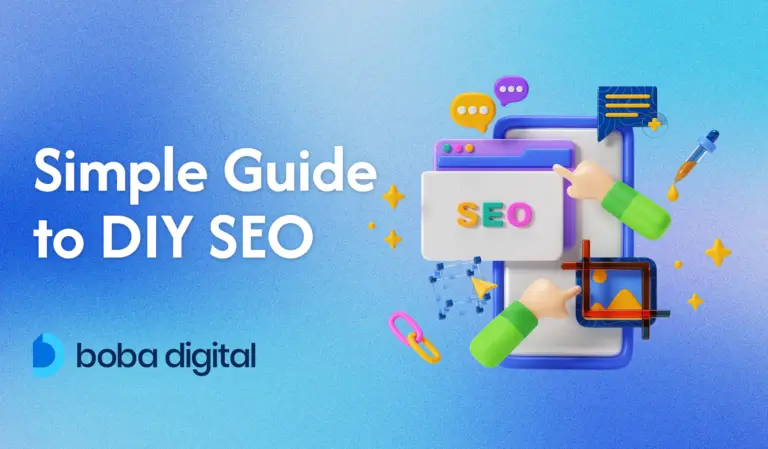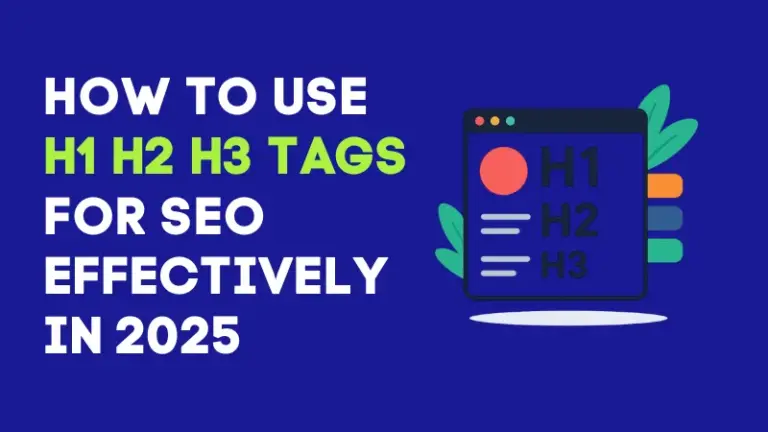Brand Mentions for SEO: Do They Really Matter?
What if your brand could stay top-of-mind—even in spaces where no one’s linking to you? That’s the quieter value of brand mentions. While backlinks still carry the most weight in SEO, mentions of your brand across the web—on social media, in blogs, or within online reviews—can support your visibility and trust signals.
From casual social media threads to in-depth news articles, your brand might already be part of the conversation. But are you tracking it? Are you using it?
The truth is, brand mentions—linked or not—send strong signals to search engines. They shape how you’re seen, how you’re ranked, and how often you’re chosen.
So, how do you go from just being mentioned online to dominating search engine results?
Let’s get to the strategies that makes it work.
What Are Brand Mentions?
Brand mentions are any instance where your business, product, or company name is referenced online—whether it’s a detailed shout-out in a blog post or a fleeting mention in a tweet. These aren’t limited to traditional backlinks.
Even a casual name-drop on Instagram or a comment in a Reddit thread counts as a brand mention.
And yes, search engines are paying attention.
Mentions can happen just about anywhere—on Facebook posts, YouTube video descriptions, review sites, or even inside competitor feedback.
For instance, if someone writes a review on a software comparison site and says, “Unlike [Your Brand], this tool lacks customer support,” that counts as a valuable brand mention. Even without a direct link, it sends a signal.
There are two main types: direct and indirect.
A direct mention uses your exact brand name—think “BobaDigital helped us double traffic.” Indirect mentions might refer to your product, tagline, or even a common misspelling. “The marketing agency with the Blue logo and strong finance niche” might be vague, but if it’s about you, it still shapes your brand’s perception.
Understanding the difference helps you identify where your brand’s reputation is being built—and who’s building it.
Influential voices in niche communities often hold more weight than traditional media outlets.
Building strong relationships with these voices—whether it’s a niche podcast host, a micro-influencer, or an active LinkedIn commenter—can help organically expand your brand’s reach and authority.
Brand mentions are more than digital noise. They’re signs of relevance, interest, and trust—all of which matter in today’s search engine algorithms.
Brand Mentions vs. Backlinks
Imagine two people recommending your business: one hands out your business card, the other talks you up in a crowded room. Both are valuable, but they work differently.
That’s the difference between backlinks and brand mentions.
A backlink is like that business card. It’s a direct, clickable link from one site to yours, often carrying SEO weight in the form of what SEOs call “link juice.” Google loves quality backlinks because they show trust from one site to another.
They often lead to direct traffic and can strongly influence your search rankings.
A brand mention for seo, on the other hand, might not include a link at all. Someone might write about your brand in a news article, drop your name in a product comparison, or tag you in a forum post.
These unlinked references—also known as implied links—don’t pass link juice, but they do send signals to search engines about your relevance, credibility, and growing presence online.
Search engines like Google are evolving.
It’s no longer just about who links to you—it’s also about who’s talking about you. While backlinks offer a stronger push in rankings, brand mentions contribute to your brand’s credibility, improve trust signals, and support organic search visibility over time.
In an ideal strategy, you don’t have to choose one over the other. Building a mix of relevant backlinks and frequent mentions across digital channels gives your brand more surface area in the search results—and in the minds of your potential customers.
The more often you’re seen, the more trusted you become.
SEO Benefits of Brand Mentions
Ever overheard someone rave about a product so much that you just had to look it up? That’s the power of a brand mention—and search engines notice it too.
While backlinks wear the SEO crown, brand mentions have quietly become the unsung heroes of organic visibility.
These mentions, even when they aren’t linked, act as “implied links”—a concept Google has acknowledged in its evolving search algorithms. They may not pass link juice, but they still whisper authority and relevance to search engines.
When your brand shows up in a trusted review site, gets mentioned in a news article, or lands a spot in a comparison blog, it signals credibility.
And the more frequently your name appears in these organic mentions, the more familiar—and trustworthy—you become to both search engines and readers.
This digital word-of-mouth effect increases brand visibility, strengthens your reputation, and builds trust faster than most traditional tactics. It’s not just about the volume either.
A single mention on a high-authority site or from an influencer with a loyal community can do more than ten random backlinks.
Over time, these mentions boost organic search visibility, support your overall SEO strategy, and drive meaningful engagement. Whether it’s a tweet, a podcast shoutout, or a customer review, every mention serves as a signal that your brand is active, relevant, and growing.
In the world of SEO, trust is currency—and frequent brand mentions can help you earn more of it.
How to Monitor Your Brand Mentions?
Imagine this—you’re trending online, but not for the right reasons. Would you know in time to do something about it?
That’s where tracking your brand mentions becomes essential.
Knowing where and how your brand is being mentioned helps you stay in control of your narrative. Whether it’s a glowing comment in a product review or a critical post from an unhappy customer, every mention tells a story about your brand’s image.
Ignoring them means flying blind—you’ll miss feedback, trends, and potential opportunities to connect with your audience.
Both direct and indirect mentions offer clues into how your brand is perceived. A loyal customer might rave about your service using your exact name, while another might refer to “that new SEO agency with surprisingly fast results.”
Both are equally valuable and contribute to shaping brand sentiment.
Say your brand suddenly starts showing up in threads about delayed deliveries or poor customer support. That pattern of negative brand mentions isn’t just noise—it’s an alert that something might need fixing fast.
To keep your finger on the pulse, media monitoring tools are your best ally.
Tools like Google Alerts offer basic tracking for when your brand gets mentioned across websites, while platforms like Mention dig deeper—covering everything from social media buzz to online reviews and even forums.
These tools help you find brand mentions, track volume spikes, and uncover valuable insights into public opinion.
The earlier you see the signs, the faster you can act—whether it’s thanking a loyal fan, resolving an issue, or capitalizing on a new trend gaining traction within your niche.
Monitoring isn’t just damage control—it’s an opportunity to listen, engage, and grow.
Let’s learn a little more about these tools and how to use them.
Google Alerts
Sometimes, the most powerful tools are the simplest—and free. Google Alerts is a classic example.
While many brands chase complex dashboards, this tool quietly does the job of letting you know when your name is dropped anywhere on the web.
Setting up Google Alerts is straightforward.
Head to Google Alerts, enter your brand name, and choose how often you want to be notified. You can opt for real-time updates or a digest sent to your inbox once a day or week.
It’s quick, it’s free, and it works across a wide range of sources including blogs, news articles, and forums.
But here’s where it gets clever—don’t just set alerts for your exact brand name. Think about how people might get it wrong.
Someone might write “BobaDigital” without the space, or toss in a dash—“Boba-digital.” Others might just misspell it altogether. Including these variations helps you catch mentions that would otherwise slip through the cracks.
This is especially important when you’re dealing with unlinked mentions—the kind that don’t show up in backlink trackers but still influence your brand’s credibility and visibility.
With Google Alerts, you gain a basic but effective way to monitor brand mentions and stay tuned in to how your brand’s image is evolving across the web.
Mention
If basic alerts aren’t cutting it and you want more firepower in your monitoring arsenal, Mention steps in with the heavy tools.
This platform goes beyond just flagging your brand’s name—it gives you the full picture of who’s talking, where, and how much influence they actually have.
Unlike Google Alerts, Mention is a paid platform—but it earns its price tag with features built for brands that take reputation seriously.
Plans start at $49/month for solo use, scaling up to $99 for Pro users and $179 for ProPlus, designed for larger teams. Need enterprise-grade coverage? Custom pricing unlocks even more.
What makes Mention stand out is its ability to scan millions of sources in real time—from digital news outlets and licensed publications to social platforms like Twitter, Instagram, Facebook, and YouTube.
It doesn’t stop there—you can even track podcast mentions and printed media. And if you want to find brand mentions that truly move the needle, its influencer scoring helps you zero in on high-impact voices in your niche.
With in-app engagement tools, you can respond to conversations without switching platforms, making it easier to manage brand sentiment and interact directly with your existing community.
For businesses looking to stay a step ahead of public perception, Mention isn’t just a tool—it’s a smart investment in long-term brand visibility and control.
Turn Mentions into Links
Being mentioned is great. Being linked? Even better.
While brand mentions help build trust and visibility, turning those unlinked mentions into backlinks can supercharge your SEO strategy.
Think about it—if your brand is cited in a blog post, news article, or case study, but there’s no clickable link leading back to your site, that’s a missed opportunity. Especially when the mention references something valuable, like a report you published or a campaign you led.
In cases like this, adding a link doesn’t just help you—it adds context and value for the reader too.
So how do you go from mention to meaningful backlink?
Start by identifying unlinked brand mentions.
Tools like BuzzSumo, BrandMentions, and Semrush can make this easier by tracking fresh mentions across the web. Once you’ve got a list, zero in on the most relevant ones—particularly those from review sites, news articles, or industry blogs with decent authority.
Next, it’s time for outreach.
Find the author, editor, or the publication’s corrections contact. Keep your email short, friendly, and focused on the reader benefit. For instance, if your brand was mentioned for launching a new study, politely ask if they’d consider linking to the full report so readers can explore it in detail.
Not every request will get a yes—and that’s fine.
Even converting a small share of unlinked mentions into independent links can boost your authority and improve your search engine rankings over time.
In SEO, small wins add up. And the best part? You’re not chasing cold leads—you’re following up with people who already know your brand.
Strategies to Generate and Leverage Brand Mentions
Creating shareable and valuable content
If no one’s talking about your brand, maybe it’s time to give them something worth sharing.
One of the most effective ways to spark organic brand mentions is by creating content that doesn’t just fill space—it earns attention.
People don’t share mediocre content.
They share what makes them think, laugh, or learn something new. That’s why creating high-quality, shareable content should be at the core of your brand mention strategy.
Whether it’s a blog post backed by original research, a punchy infographic that simplifies a complex topic, or a case study that highlights real results—each piece should offer genuine value.
Formats that tend to attract attention?
Original studies, expert roundups, and well-designed visuals often gain traction on social media, news sites, and industry blogs. If your business operates in a niche industry, publishing detailed how-to guides or providing expert advice can establish your brand as a go-to resource.
As people start referencing your content, they’re more likely to mention your brand—even without prompting. That’s how you begin strategically fostering brand mentions without feeling like you’re chasing them.
It’s simple: focus on providing valuable insights, and the mentions will follow. Your content becomes the conversation starter—and your brand, the name everyone remembers.
Engaging with Influencers and Thought Leaders
Sometimes, getting people to talk about your brand starts with having the right people talk about it.
Building relationships with industry influencers and thought leaders isn’t just a PR move—it’s a smart way to earn organic mentions that carry real weight.
When someone with authority and an engaged audience drops your brand name in a video, blog, or panel discussion, that mention doesn’t just sit there—it spreads. Their audience listens, trusts, and often follows through.
A single comment from a respected voice can be more impactful than ten generic posts from lesser-known sources, showcasing the power of influencer marketing .
But don’t treat influencer engagement like a one-time transaction.
Start by engaging genuinely—comment on their posts, share their insights, and become part of their community. Over time, this opens the door for brand ambassador programs, interviews, co-created content, or casual shout-outs that feel natural rather than scripted.
The best part?
These collaborations can be tracked. Tools like Mention make it easy to monitor where your brand is being discussed and by whom, so you’re not just guessing—you’re measuring the impact of each relationship.
Influencer mentions go beyond visibility—they build credibility. And in a space where perceived authority shapes rankings and trust, that kind of exposure is hard to ignore.
Encouraging User-Generated Content (UGC) and Community Engagement
When customers start talking about your brand on their own, that’s when the magic happens.
User-generated content (UGC) is one of the most powerful, organic ways to boost your brand’s credibility through positive feedback —and search engines are paying attention.
We’re talking about reviews, social media posts, testimonials, and even casual mentions on forums. These are the unfiltered voices of your community, and they carry far more weight than brand-led messaging.
A 2025 study revealed something telling: 88% of consumers are more likely to support local businesses that respond to both good and bad reviews. That’s not just feedback—that’s influence.
Want to spark more of this content?
Start by giving people a reason to engage. Run hashtag campaigns, offer giveaways for reviews, or host contests that invite users to share their experiences. Whether they’re snapping a photo, writing a review, or tagging your brand in a story, each action becomes a brand bat signal that builds visibility.
Even if these organic mentions don’t include a link, they still shape how your brand is viewed online—and how often it appears in search engine results.
Over time, this steady stream of UGC helps boost brand sentiment, create buzz, and strengthen trust with potential customers.
In a world flooded with ads, people crave authenticity. And nothing is more authentic than real customers speaking on your behalf.
Digital PR and Outreach Campaigns
If you want your brand mentioned in places that matter, sometimes you have to make the first move—and digital PR is the perfect way to do it.
Think of press releases, news features, and guest posts as your brand’s formal introduction to high-authority platforms.
When done right, these outreach efforts can land your name in front of the right audience—journalists, bloggers, and industry insiders who can amplify your message far beyond your existing community.
Launching a new product?
That’s your cue to craft a compelling press release. With the right hook, your announcement could land on major news sites, niche industry blogs, or even be picked up by syndication platforms.
These stories often generate unlinked brand mentions that strengthen your brand’s presence online—and if you’re lucky, a few linked mentions as well.
Guest blogging is another strategy that pulls double duty.
It allows you to showcase your expertise while securing a mention or backlink from a relevant publication. Not only does this improve your search engine rankings, but it also positions your brand as a thought leader within your space.
Being mentioned in respected outlets adds weight to your brand’s reputation and helps build perceived authority in the eyes of both users and search engines.
Conclusion
Brand mentions may not always come with a hyperlink, but their impact on your SEO strategy is undeniable. They boost your brand’s visibility, signal authority, and build the kind of trust that both users and search engines notice. In a search world where ranking signals evolve faster than your competitors’ ad budgets, staying memorable matters.
So, don’t just chase backlinks—be the brand that’s talked about in the right places. Whether it’s on social platforms, review sites, podcasts, or forums, every mention adds another layer to your brand’s credibility, as long as it’s somewhere Google, Bing, and even the latest LLMs can find.
Keep track. Respond. Engage. And when possible, convert unlinked mentions into links that drive real value.
Want to make brand mentions work harder for your business?
Boba Digital helps brands get seen, talked about, and ranked where it matters. From strategy to outreach—we’ve got it down to a science (with a splash of creativity, of course).
Let’s make your brand impossible to ignore. Talk to Boba Digital today
FAQs
Do brand mentions directly affect Google rankings?
While brand mentions don’t pass link juice like backlinks, they can still influence Google rankings indirectly. These implied links help search engines understand your brand’s presence and relevance in a particular niche. Frequent mentions from trusted sources can signal brand authority, which contributes to improved search engine results over time. So, while not a guaranteed ranking boost, brand mentions are part of the organic search visibility puzzle.
How do I turn brand mentions into SEO value or backlinks?
Start by identifying unlinked brand mentions using tools like Semrush or BrandMentions. Once you find relevant articles or posts that reference your brand without a link, reach out to the author or publisher with a polite, value-driven request to add a backlink. When done right, this strategy helps you convert unlinked mentions into independent links, giving your SEO strategy an extra edge and driving more traffic to your site.
Are social media mentions as valuable as mentions on websites or news outlets?
Social media mentions contribute to brand visibility and engagement, but usually don’t carry the same SEO weight as mentions on high-authority news sites or blogs. However, they help build buzz, attract user-generated content, and improve brand sentiment, which can positively influence how your brand is perceived online. Both types matter—just in different ways.
How do brand mentions contribute to brand authority and trust?
Consistent brand mentions across credible sources tell search engines—and your audience—that your brand is relevant and trusted. When people repeatedly come across your name in online reviews, blogs, or industry conversations, it reinforces your brand’s credibility. These mentions act as digital word-of-mouth, especially through social media helping build perceived authority and deepening trust with potential customers, even without a direct link.

